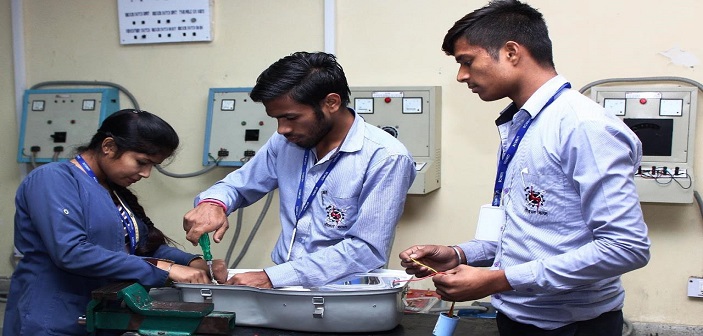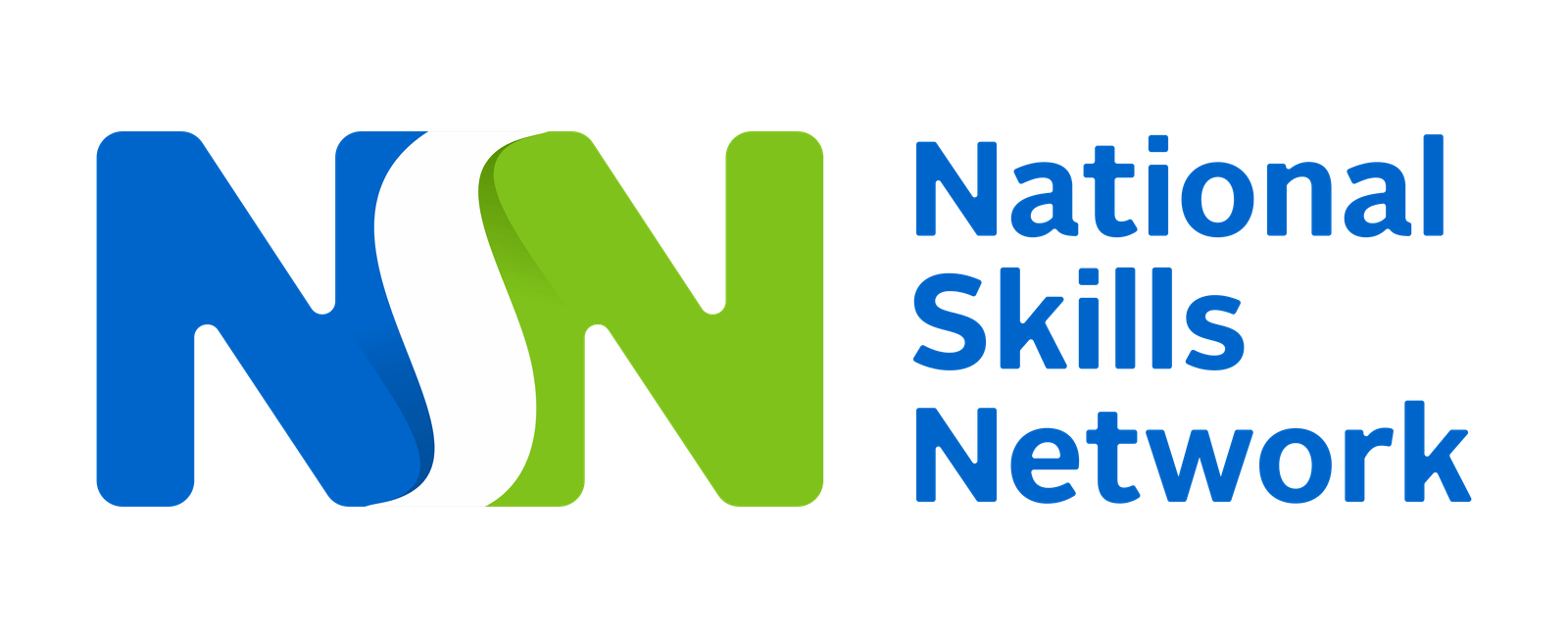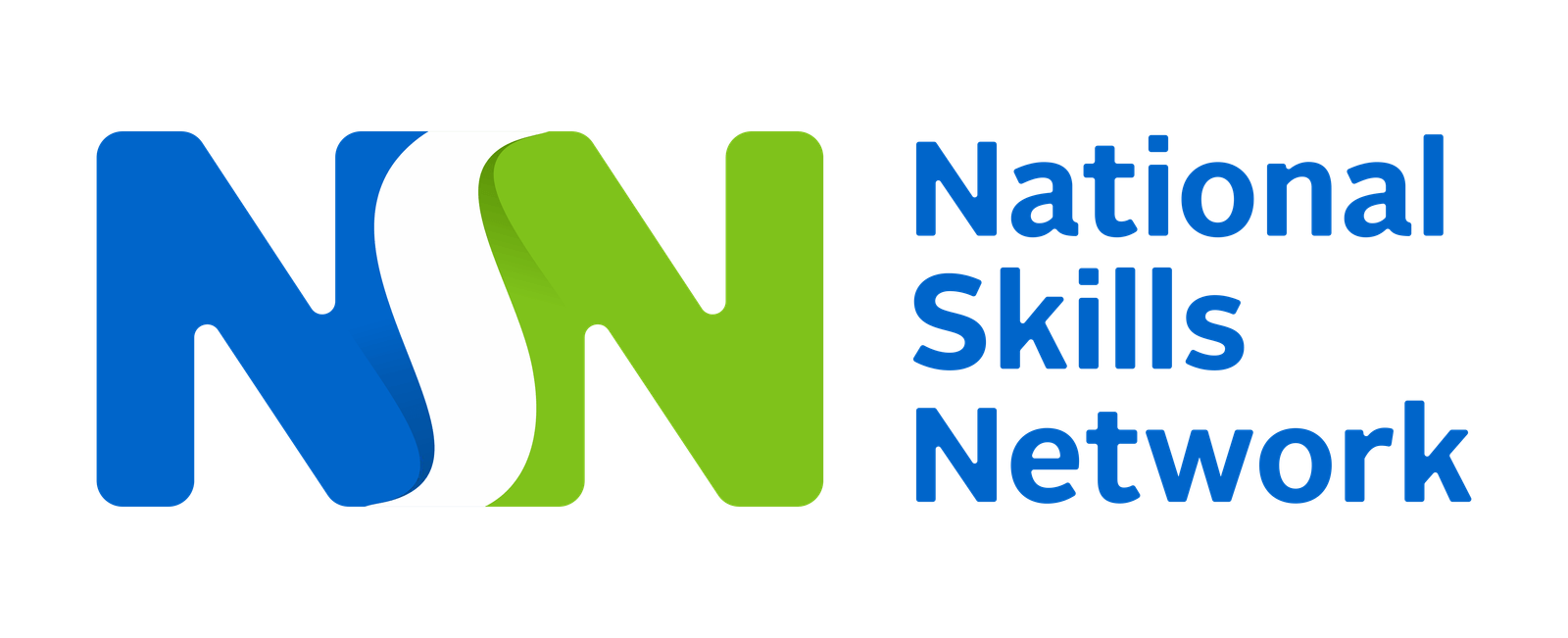Many skill development programmes in India face the challenge of widening their impact across geographies while being responsive to local needs. Their success gets confined to a closed area of operations since they are unable to break the socio-cultural and regional barriers. How do we make them replicable and scalable without compromising quality and efficiency? Is it just a matter of expanding the outreach or does it call for extensive groundwork in exploring partnerships before the programme is launched? Let’s look at how Tata STRIVE and Siemens have collaborated to introduce Dual VET in Government ITIs.
Tata STRIVE and Siemens have worked together to introduce the German Dual VET model of skilling in Government ITIs in India. Dual VET is based on learning, integrated with theory and hands-on practice. It is enhanced with soft skills like communication skills, presentation techniques, public speaking skills, cost planning, project management, teamwork, decision-making ability, handling responsibility, conflict resolution, business games, and creative techniques. The aim of this programme is to develop a future-oriented workforce whose personal and professional grooming makes them industry-ready.
Key constructs of the programme:
- Tata STRIVE-Siemens Dual VET programme is based on the German Dual VET model and is implemented in the existing framework of the Craftsmen Training Scheme (CTS), without causing any major disruption in the ITI training process
- The programme includes an integrated training module jointly developed by Tata STRIVE and Siemens, that is imparted by the existing ITI faculty for select trades
- Tata STRIVE-Siemens conducts Training of Trainer (ToT) for identified ITI instructors. Instructors adopt the learnings from the ToT
- Industry onboarding and in-plant training of students from the first year itself is another very important aspect of the programme, primarily managed by Tata STRIVE-Siemens
- The appointment of Programme Coordinators in each state ensures effective delivery of the programme as per prescribed standards

The programme has been under implementation in Delhi for the last three years and has successfully impacted more than 1000 trainees in 13 Government ITIs. Recently, the programme has been extended to the states of Maharashtra, West Bengal, and Gujarat. The total number of ITIs impacted by the programme is 84 and the Tata STRIVE-Siemens partnership aspires to reach out to 250 ITIs, impacting 90,000 youth across the country.
This is an impeccable example of how successful models can be integrated with the existing structure of training to achieve efficiency and scale. Whether it is the Training of Trainer (ToT) programme, or onboarding the industry, standardized and structured programmes with interspersed industry training across three years have been possible only because of constructive collaboration between the private sector, industry, and the government.
We often come across organizations that assure quality in skill development programmes but they fail to scale. This is where partnerships and collaborations play a key role in maintaining the momentum and focus of skilling programmes, which eventually ensure the scaling up of programmes across different locations. “Small organizations who started with quality but were not able to scale maybe because the technology was not part of their integral strategy and it so happens that some of these programmes don’t believe in collaborations”, opines Sudhakar Gudipati, Head, Programme Development and Partnerships, Tata STRIVE. “Tata STRIVE believes in extremely large collaborative networks. We believe in sharing the knowledge, tools, and techniques with everyone in the ecosystem so that the ecosystem gets impacted and therefore, we continue to look for collaborations”, adds Mr. Sudhakar.
While we talk about effective collaborations between organizations, funding is a vital aspect. “Scale brings an advantage in terms of experimentation. When we have a huge presence in the country it gives a different perspective to the funder and it will give good visibility for the funder’s brand as well”, expresses Bhaskar Natarajan, Head, Programme Execution, Tata STRIVE.
Tata STRIVE has always been a pioneer in scaling skill development programmes and whose expertise has been instrumental in achieving scalability and sustainability in skilling. To share some of this knowledge and to help us understand the characteristics of a scalable programme, Ms. Anita Rajan, CEO, Tata STRIVE, says, “Although the geographies differ, the criteria to be followed for scaling the programme is that it should be replicable, relevant, standardized, transferable, last not least localized as necessary.”
Voicing her thoughts on how crucial women’s participation is in scaling skill development programmes in India, Anita Rajan states, “Scale is possible only when 50% of the population, i.e., women also participate in the labor force in India. Their needs are different. We need to think of new models for the female workforce. These models are home-based, part-time or flexible work opportunities, second career options. We also need to look beyond jobs, look at entrepreneurship opportunities, digital start-ups, and rural women, women health workers, etc. Government, private and other sectors have to consciously create these opportunities for women.”
Related article: Sustainability in skill development – Read more: https://nationalskillsnetwork.in/sustainability-in-skill-development/
As we understand, scale in skill development programmes is possible only when inclusion is addressed. Concurring this, Sudhakar Gudipati mentions, “At Tata STRIVE, we have certain courses that attract a large number of women. We also have strategic partnerships with organizations like Starbucks and Tata Capital, where we say a fixed percentage of beneficiaries should be women.” Bhaskar Natarajan, adds to this point when emphasizes, “Scale is important, as it will help in expanding to areas which we never explored earlier. It will help us address the issue of migration in tier 2 and tier 3 towns, which helps in ensuring inclusion.”
We are currently living in a technological world, educational institutions, training institutions must improve upon one’s infrastructure to cope with the changes and equip learners with the required skills. For scaling up, it is indispensable that we integrate technology at the grassroots level. “Scale is a huge challenge. To address this challenge, we must improve upon the efficiency and effectiveness of the skilling programmes. Technology plays a critical role in scale and quality. With technology comes standardization and with it comes scalability. Technology plays a role right from counselling, mobilization, enrolment, which can be replicated and this enables scale”, asserts Ameya Vanjari, Head, Technology, and Innovation, Tata STRIVE.
The technology platform at Tata STRIVE is not only in sync with changing times, but it also makes operations, replicable, scalability measurable. This capability is critical to the model of scaling up through collaborations.
Scalability in skill development programmes needs a long-time commitment from various stakeholders who collaborate towards achieving the desired outcomes. The Dual VET Programme by Tata STRIVE-Siemens demonstrates how effective scaling can positively impact many more students in building their future through technical training.
Subscribe to our YouTube channel for more updates:
Subscribe on YouTube














Comments 3